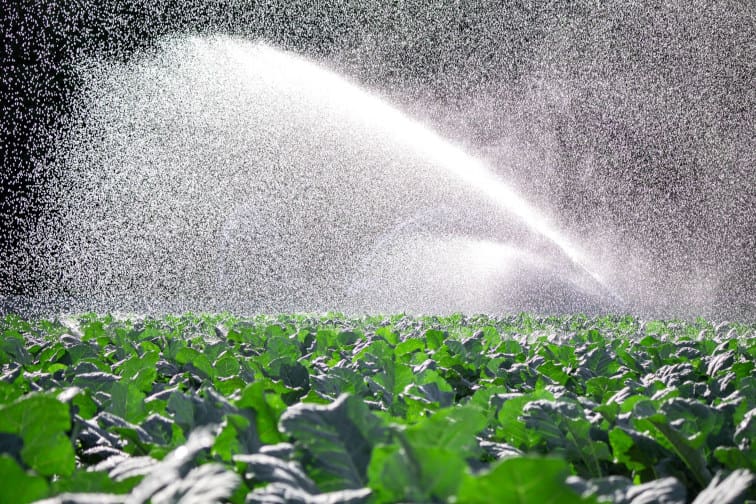
As the seasons change, so too do the ways we rely on our water supply
Warmer weather means a lot of things, from long summer nights to days at the beach to barbeques and more. But this welcome change in weather also has a direct impact on our daily behaviours, both at work and at home, and this includes how we rely on water.
Water arguably becomes even more necessary during the summer, but in order to get the most out of your water supply in a sustainable way, it’s important to understand exactly how the warmer months impact our water habits. That’s why we’re here. Let’s take a closer look at how our water habits change in warmer weather.
Increased water usage
It’s no secret that our water usage significantly increases our water consumption across a variety of sectors. In fact, according to Water UK, the demand for water increases by up to 50% during the summer months.
This increase is driven by several key factors, the first of which is irrigation needs. Landscaped areas, green spaces, and gardens require more water to stay healthy when it’s warm, and as such, businesses with extensive grounds or horticultural operations may see a substantial increase in water usage during summer.
Cooling systems also demand more water in warm weather. While British homes rarely feature air con, workplaces commonly do, and air cooling systems have to work harder in the heat, leading to more water consumption.
Sanitation also plays a key role in summer water usage. Higher temperatures often result in increased use of showers and other sanitary facilities, particularly in industries such as leisure and hospitality. This can result in significantly more water being used.
Finally, production processes often require more water in the summer to keep equipment cool and ensure product quality.

What is the impact on businesses?
The increase in water usage during the summer months can have a significant impact on businesses, so it’s best to be aware of these changes in order to plan effectively.
Higher costs
Higher water consumption leads to higher water bills. This is particularly impactful for businesses operating within industries that are very water intensive, as it can have a noticeable impact on your bottom line while the weather is warmer.
Supply pressure
Local water supplies can feel the strain of summer’s increased water demand, and this can result in potential restrictions or supply issues. Businesses need to make sure they are prepared for potential water shortages and pressure drops in order to avoid downtime.
Concerns about sustainability
The climate crisis means that businesses across all industries are prioritising sustainable actions, but higher water usage can have a negative impact on commercial green goals and corporate responsibility targets.

Managing summer water usage
Regular maintenance is vital in order to mitigate the effects of increased water demand. Irrigation systems, cooling systems, and other water-dependent equipment must be well-maintained to prevent leaks and inefficiencies.
Businesses should also consider investing in smart irrigation systems that adjust watering schedules based on weather conditions and soil moisture levels, and these can significantly reduce unnecessary water usage.
Similarly, water recycling systems allow businesses to reuse water for non-potable purposes like irrigation or cooling, and educating employees about the importance of water conservation ensures that water sustainability remains a group effort within your organisation.

Contact Everflow today!
At Everflow, our goal is to make your utilities simpler – we ensure you get great-value contracts that are tailored to your needs and easy to manage. Get a bespoke quote using the link below.


